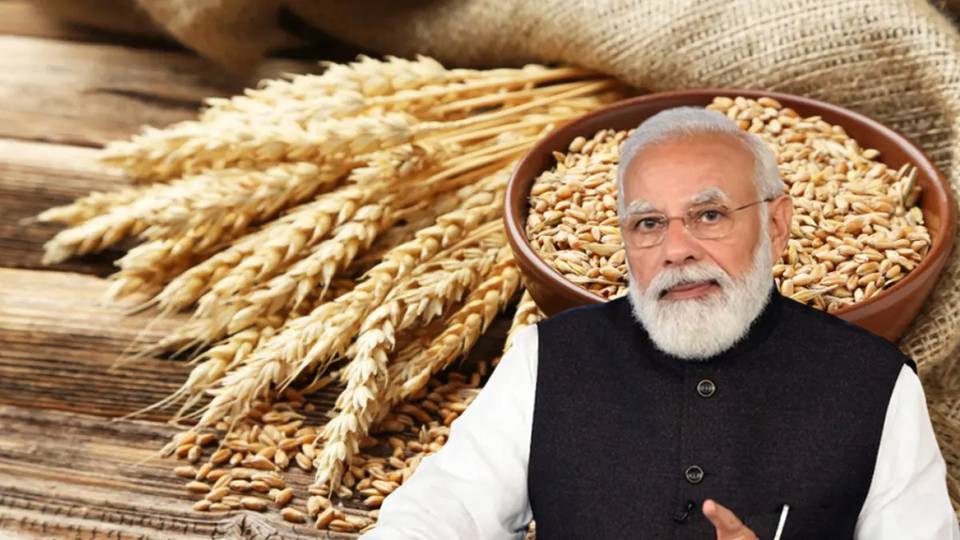Over the last few months, wheat has emerged as a strategic asset for India. The country virtually fed nearly half of the world. However, recently, a grey area has emerged as well. Seems odd, but few have rejected India’s wheat donations as well.
Egypt and Turkey reject Indian wheat
According to reports available in the public domain, Egypt has barred the entry of ship carrying Indian wheat. Reportedly, 55,000 tons of wheat were being transported to Turkey. According to Ahmed El Attar, Egyptian quarantine chief, Turkey’s quarantine authorities had already passed orders to block the vessel. “We rejected the ship before it entered Egypt”, Ahmed was quoted as saying.
Recently, Turkey had rejected an Indian wheat consignment citing phytosanitary concerns calling the ships to sail back on May 29, 2022. The MV Ince Akdeniz loaded with 56,877 tonnes of durum wheat is now returning back to Kandala port, Gujarat. Turkish authorities have said that the Indian wheat produce was detected with a disease called “Rubella”. Therefore, the Turkish Ministry of agriculture and forestry has denied permission for this consignment. A trader based in Istanbul said, “The Wheat shipment was detected with Indian Rubella disease and was rejected by the Turkish ministry of agriculture and forestry.”
Read more: Here’s the complete truth behind Turkey ‘rejecting’ Indian wheat
The very fact that India has political disagreements with both Turkey and Egypt should not dissuade us from doing an in-depth study of our wheat quality. Yes, there may be political undertones, but it would be unwise to not address the concerns around phytosanitation and eventually Rubella.
The quality issue is not new
The quality concerns around Indian wheat are not new. These issues have been plaguing our grain export for decades now. In search of profits, the aristocratic class of Indian farmers pushes the farmers from the lower end of the hierarchy to put in more pesticides. They are inclined to believe that these pesticides will increase quantity without bringing a decrement in quality. But, that was only true for the initial few years of the Green revolution. The land started to get contaminated and farmers doubled down on their pesticide initiative. The land got further contaminated but slowly Indians being adaptive easily adapted to changing composition of wheat.
Read more: Pakistan drops the Kashmir tone, as it begs India for wheat
The second problem is the purification of reaped crops. Raw wheat contains dust, sand, and stones. To remove them, Indians do not prefer the modern method of cleaning. They prefer to do it through their hands. In the past, this method has resulted in the eruption of disease in Indian wheat. Karnal bunt disease, which reduces floor quality is one such example.
India should balance its interests
However, in spite of these issues, Indian wheat is preferred by countries all around the world. India provides mainly three species of wheat namely T.aestivum, T.durum, and T.dicoccum. The diversified way in which nutrients are distributed in these wheat makes it possible for India to stay in the game. Countries import Indian wheat for different purposes including making bread and feeding animals among others. Now, with the astronomical export numbers, the world itself said that Indian wheat is good to go for their digestive as well as the immune system.
If Indian wheat was not of high quality, China would not be hoarding it to sell it in the future. In fact, even Egypt had recently approved Indian wheat for its needs. However, it should be noted that different countries have different quality standards. India should take care of the demands of countries like Egypt and Turkey. If the cost of changing according to their requirement is too high, then alternate countries are always willing to buy our wheat.
